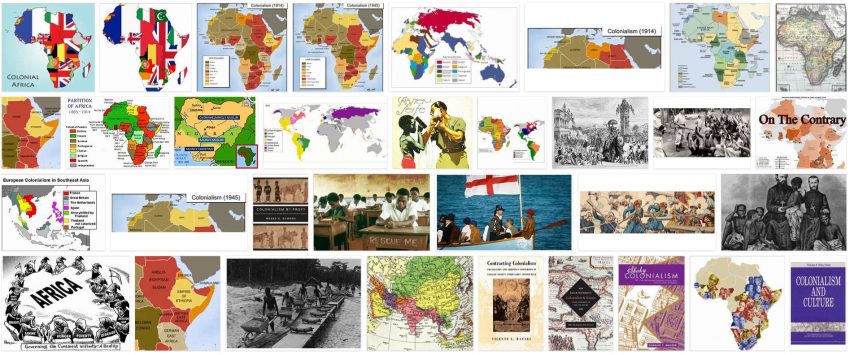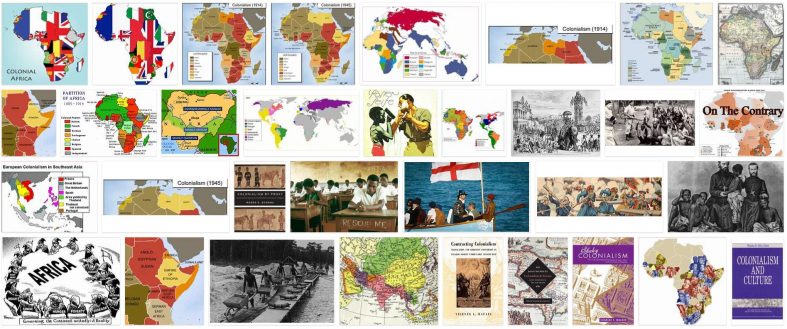Colonialism is a system of political and military domination through which a power, known as a metropolis, exercises formal and direct control over another territory. The tendency to establish and maintain colonies is also called colonialism.
Thus, colonialism implies the domination by force of the local population of a territory of another region or nation, alien or remote to the colonizing power, and the settlement of the colonizer in the new conquered territory.
In colonialism, the power in question subjects another people to its political system, its institutions, its culture and even its language and religion, and manages and exploits its economic resources.
Thus, in the system of colonial domination, the colonial territories are totally dependent on the metropolis in political, economic and military matters, and do not enjoy freedom or the right to self-determination. In fact, its local population usually does not even have the same rights as the colonizer.
On the other hand, the reasons for the colonization of other nations or regions of the world are varied: appropriation of the land, its resources and wealth; by military strategy, by economic control, or by historical claims.
Colonialism is mostly talked about in reference to that practiced by European powers throughout history in America, Asia, Africa and Oceania. However, this type of situation has been recorded throughout the history of mankind on all continents and since ancient times.
For its part, the consequences of colonialism can be terrible in the subject nations: the total destruction of the cultural heritage of indigenous or local peoples (genocide), indiscriminate exploitation of resources, injustices, wars, massacres and poverty. For the colonizing powers, on the other hand, the consequences of colonization are new wealth, greater resources, greater political, military and cultural dominance, and, above all, more power.
Colonialism and imperialism
Colonialism and imperialism, while not the same, have some similarities. Both, for example, imply control by a power over foreign or remote territories or nations, either through force, or through political, economic or cultural influence.
However, while colonialism exercises its control in a formal and direct manner, in imperialism this is not always the case, but it can also use other more informal and indirect but equally effective methods of control. Furthermore, while colonialism is a political system of domination, imperialism is rather an ideology. Thus, imperialism encompasses colonialism, but colonialism is just one of several forms that imperialism can assume.
Colonialism and neo-colonialism
Colonialism and neo-colonialism are not the same thing. They differ in that colonialism is a political system in which a power exercises political, economic, cultural and military dominance over other remote territories directly and formally, subjecting the local population to laws, institutions and decisions emanating from the power or metropolis.
The neocolonialism, however, is a modern system of political, economic and cultural influence, according to which the powers, without exerting a formal dominion over the other territories, maintains a significant sway over affairs of other states that are theoretically independent.

